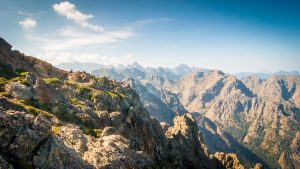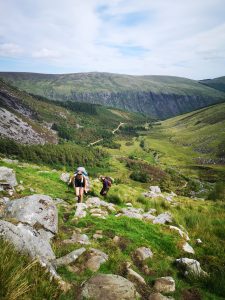As our good friends from King’s Landing would say, “Winter is coming”, and while the Irish mountains doesn’t consist of White Walkers, it does present some other challenges. The risk of accidents and getting lost in the Irish Mountains greatly increases in the winter. With shorter days, dark evenings and more rain, there are far more ways of getting caught out.
But don’t let this stop you from getting out and exploring. Hiking in the winter in Ireland can be a unique and awarding challenge, and with the right mentality you can have a fun and safe time in the hills.
1. Gear Up
Having the right kit is essential when hiking in Ireland in the winter. The most important thing is that you stay dry, and in turn, stay warm. The most important kit you can buy is a rain jacket and rain pants, this will be your saving grace.
Buy Nice or Buy Twice: When it comes to waterproof jackets, not all are equal. The best rain gear you can buy for the Irish (and UK) winters is a heavy Gore-Tex (or similar) material or Paramo. Stay clear of the usual 40% OFF retailers you see on your high street. These jackets are overpriced and will prove useless after a handful of showers.
Check out this guide to waterproof jackets by RAB: CLICK HERE

2. Carry a Group Shelter
Group shelters can be a lifesaver (literally). These are parachute like rain covers that you can use to take shelter in the hills. I always carry a group shelter while out in the hills with a group, they are invaluable to have if something were to go wrong, but they are also great for some lunchtime cover while out hiking.
You can pick up a group shelter from Alpine Sports. CLICK HERE
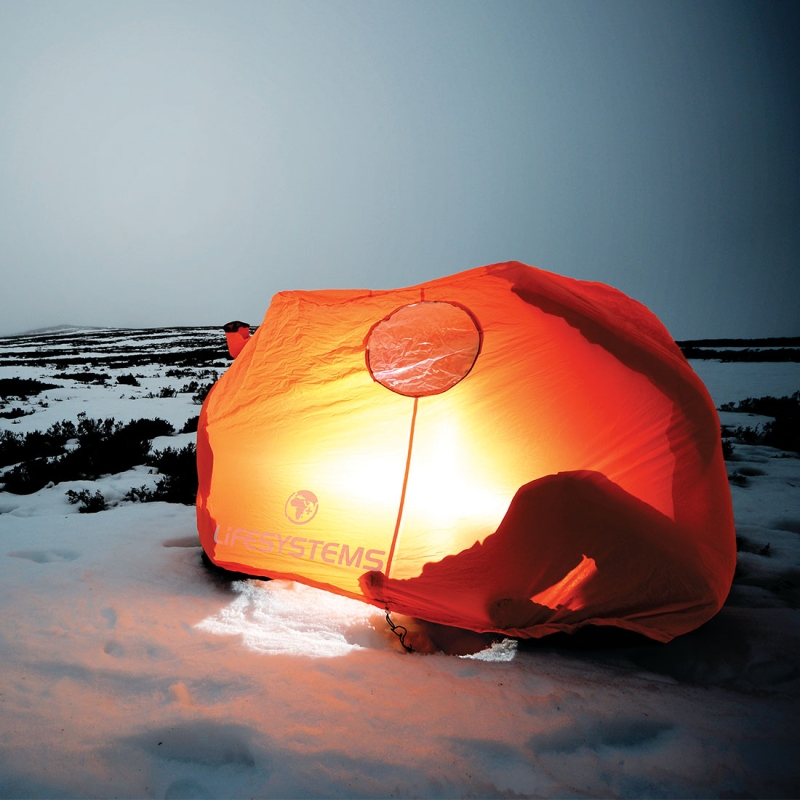

Subscribe to our newsletter
3. Always pack a head torch
The most underrated backpack utility, the head torch. Last June, I went rock climbing in the Pico’s with a friend. We were tackling the Narjo de Bulnes via a 700 m route that spanned across the West face. The route itself took around 15 hours, and we ended up abseiling down in the dark.
Once we landed down on solid ground, we were in a rush to get back to camp. Being in a rush, paired with the path being covered in snow, we missed the turn-off and ended up on the edge of a ravine by a 100-metre drop. Thankfully, we had head torches on us, and good ones at that. If we didn’t then this would have been a total disaster. Lessons learned, carry a head-torch, understand that things don’t always go to plan and finally, plan your route.
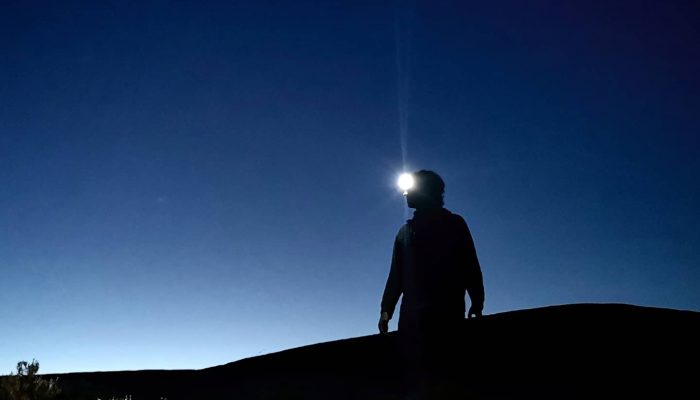
4. Learn How to Use a Map and Compass
An invaluable skill set that very few have or know how to use effectively. If you’re an avid hiker, then you should start learning how to read a map, use a compass and navigate. For many, they are happy not knowing, as they may wish to live a life of trails. But for the explorer, it is vital and is a skill you take around the world with you.
Many people decide to take a course in Mountain Skills. While we run Mountain Skills courses, we also run a one-day mountain awareness course which introduce you to all the skills you need to stay safe in the Irish mountains.
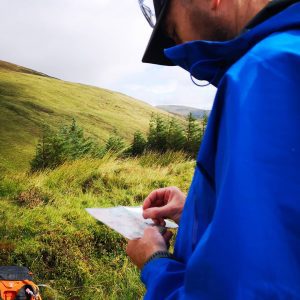
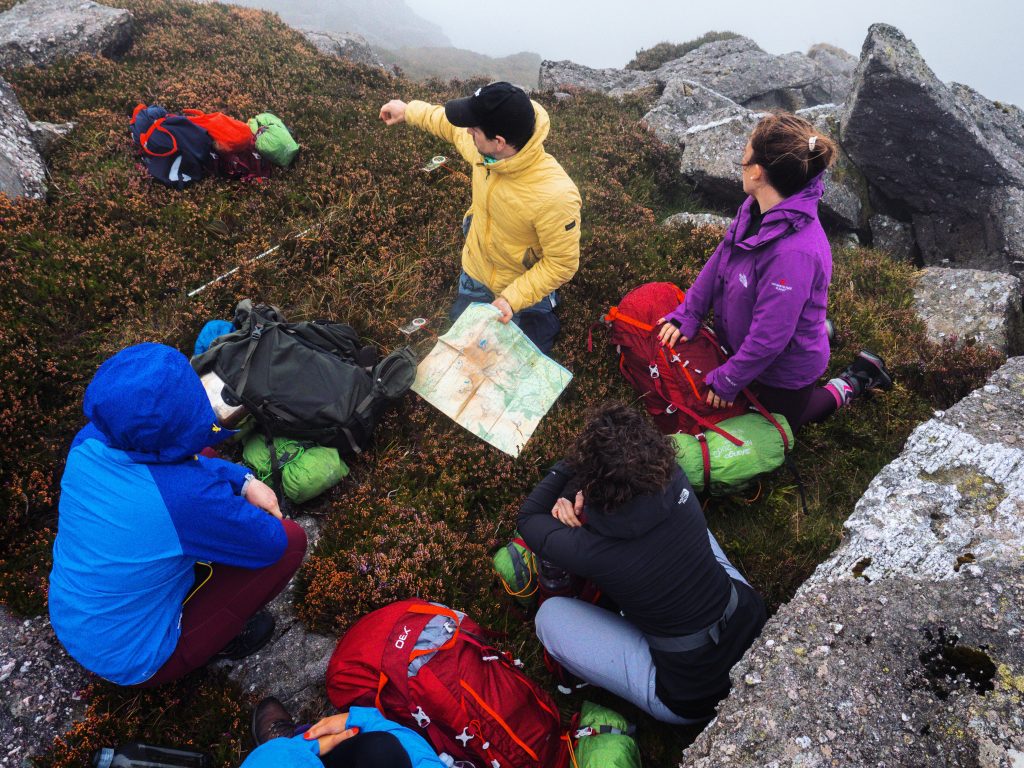
5. Plan Your Route
Another simple task that is almost always overlooked. This can be from looking at the map beforehand to writing out a route card. Too many times have I bumped into people on Lugnaquilla not having a clue where they are.
Knowing your route will not just give you confidence while out on the hills, but it will also give you have you second guessing once you’ve gone the wrong way. Having tick features noted prior to a hike will keep you informed that you are going the right way.
A final note:
These are only a few tips to keep you save while out in the Irish winter. There are many more elements that cause risk and danger. We advise that you only hike in a familiar location, and that only competent navigators go off the beaten path when the weather is bad. The Irish mountains are humble, but they can also be dangerous.
So stay safe….and keep rocking!

